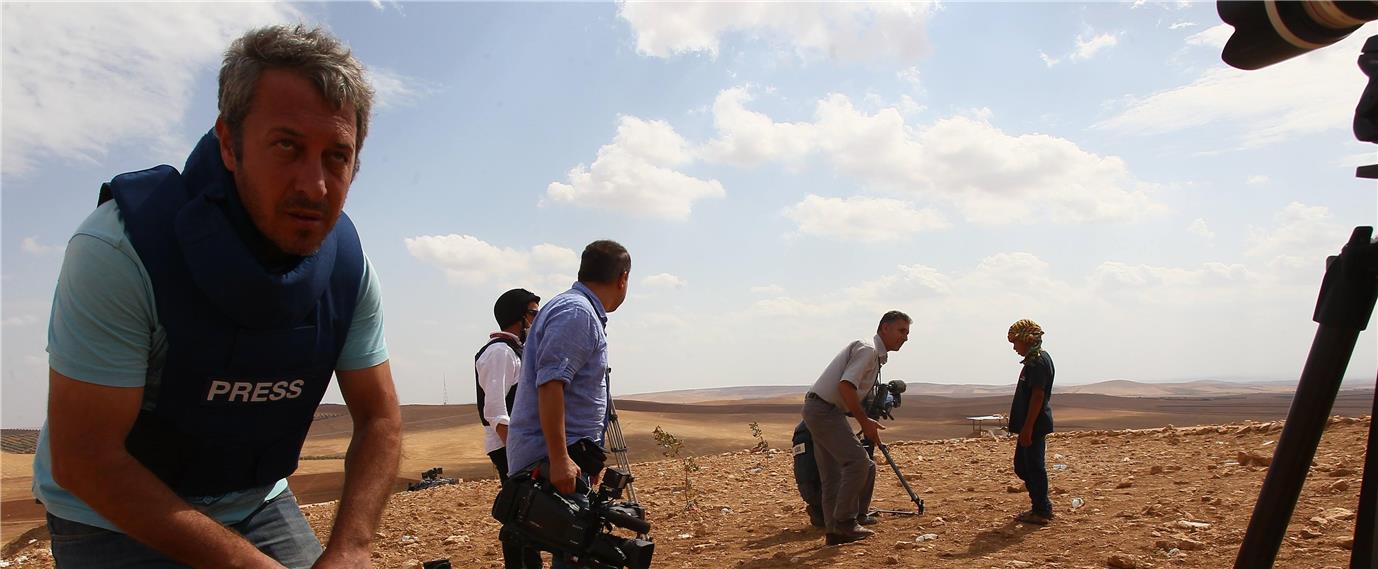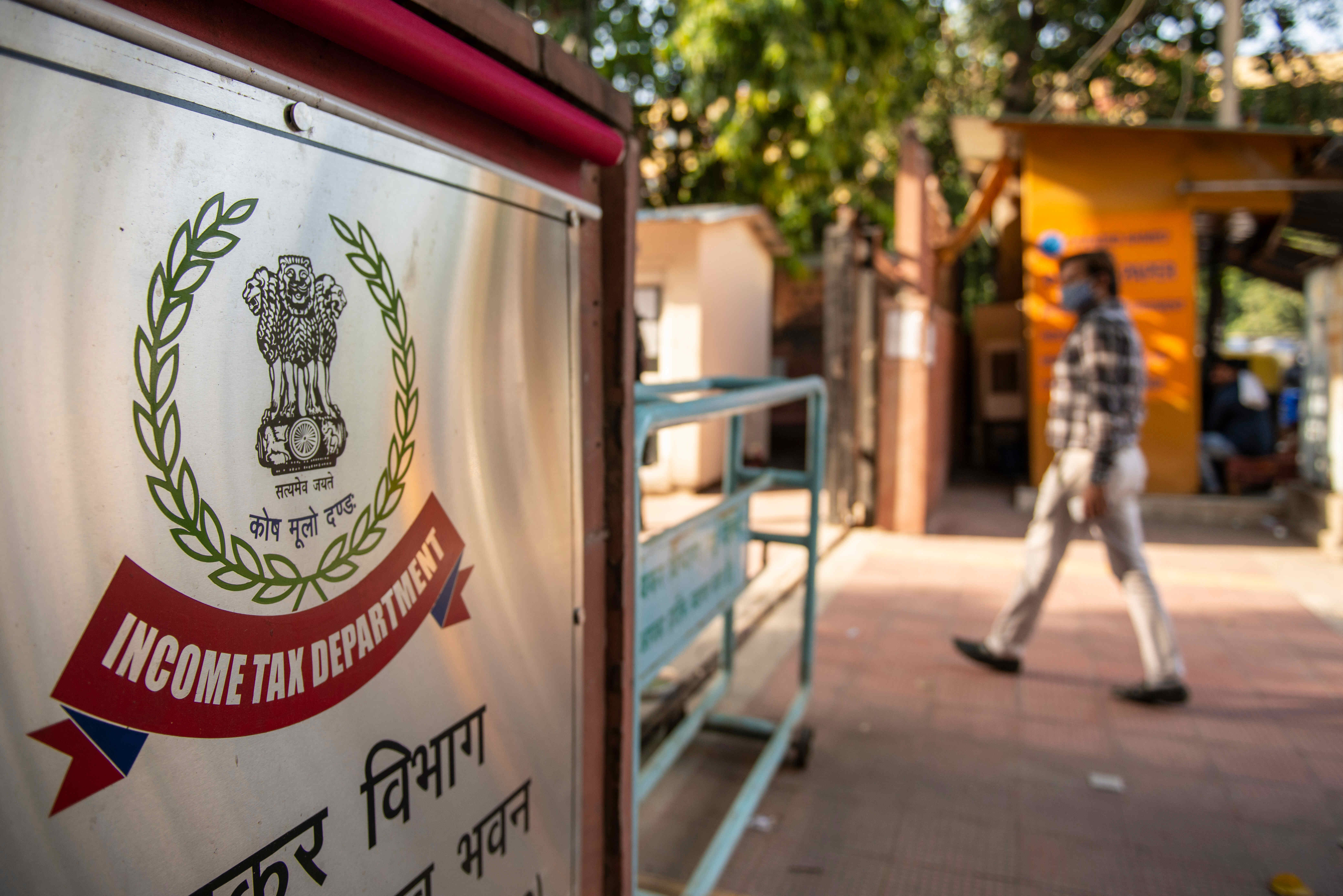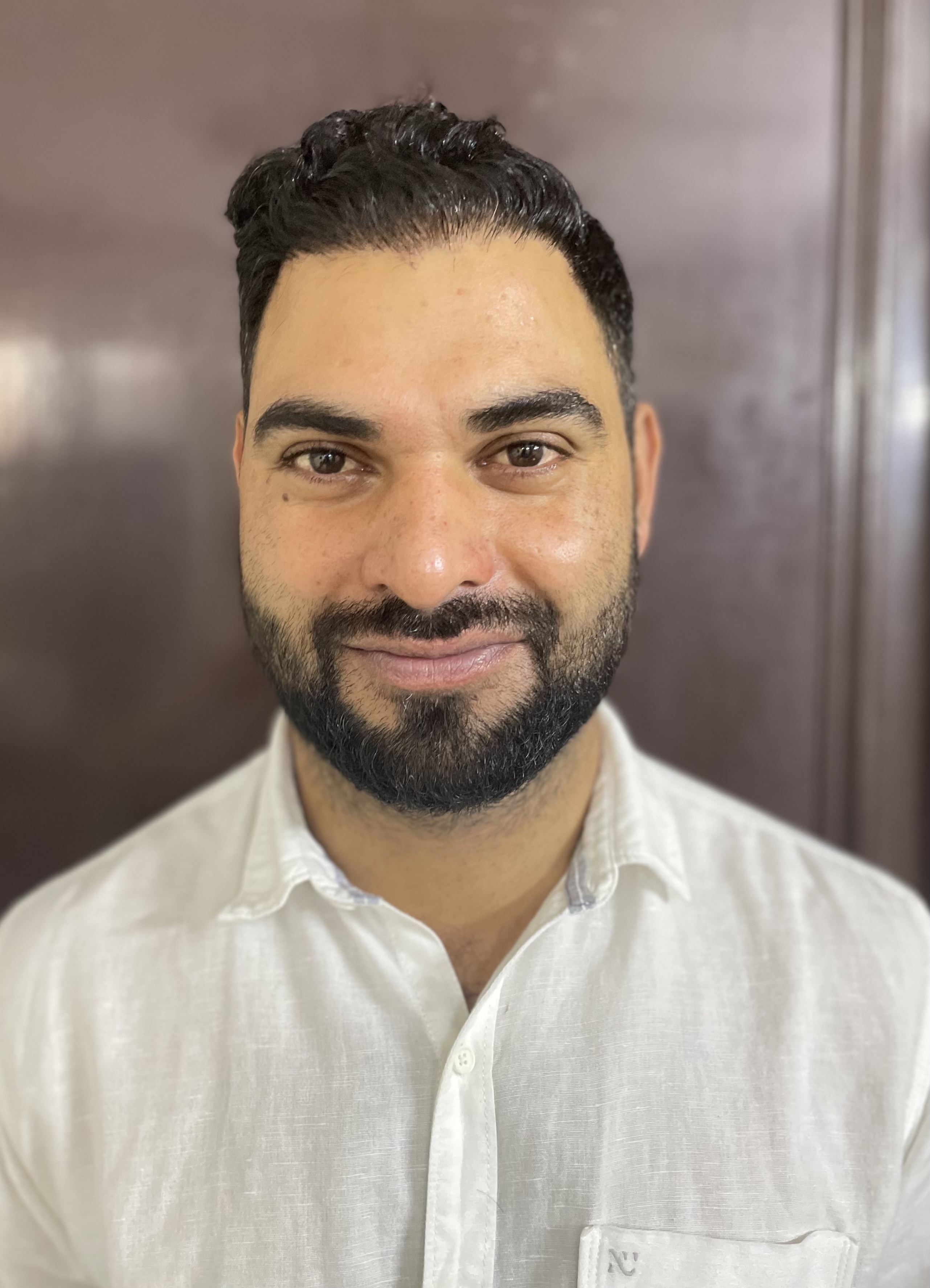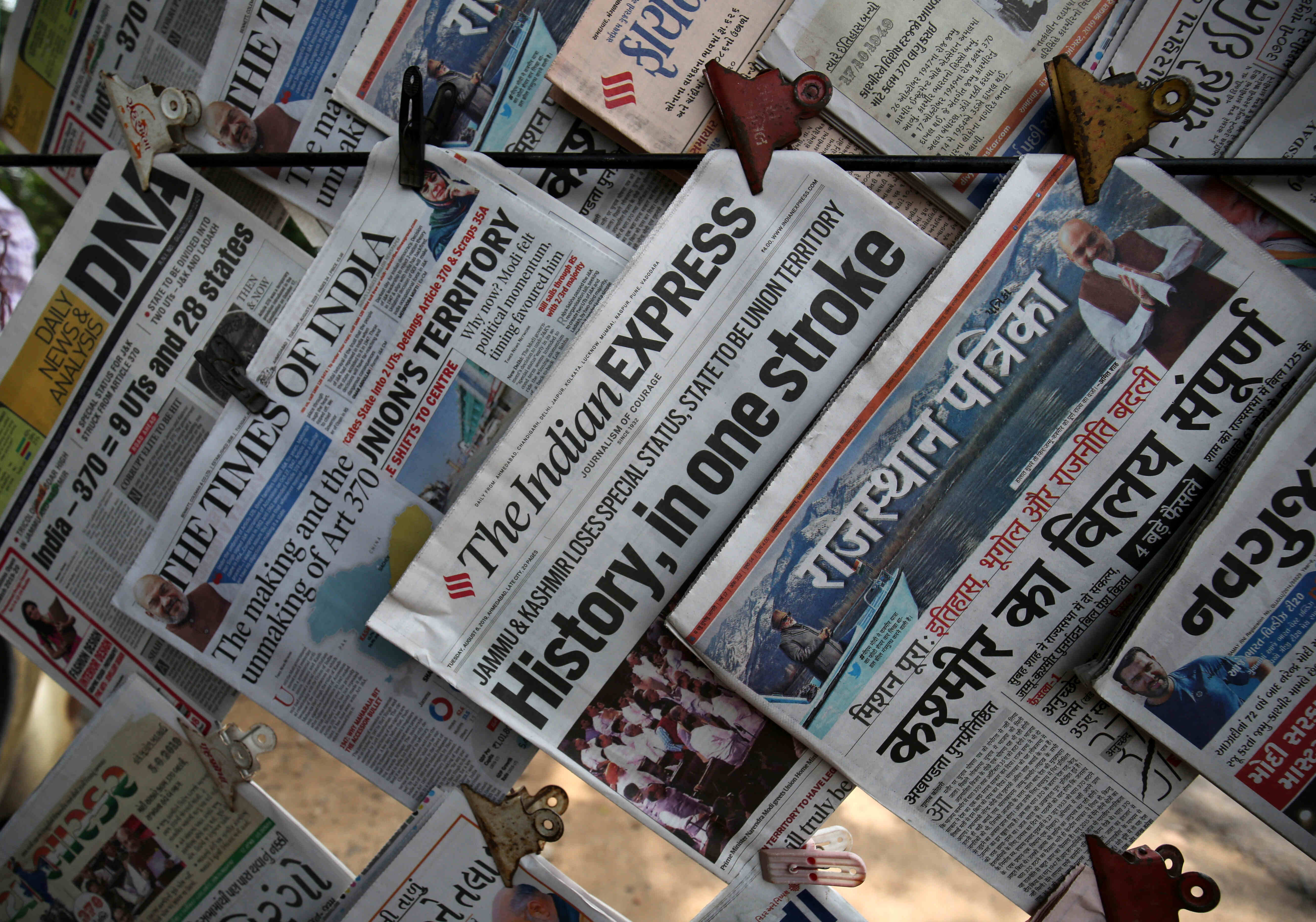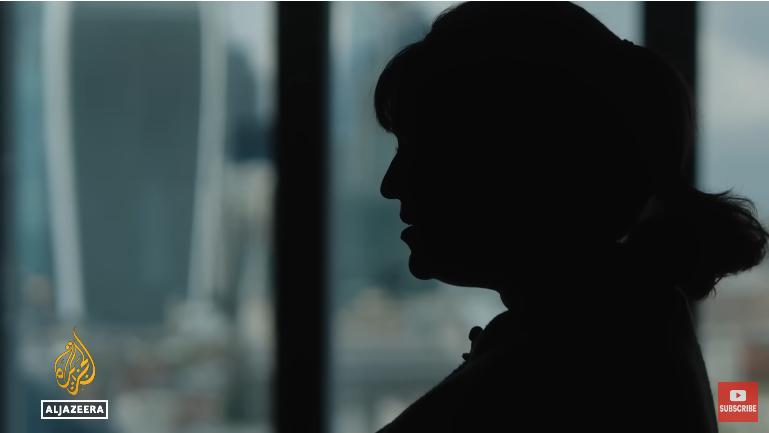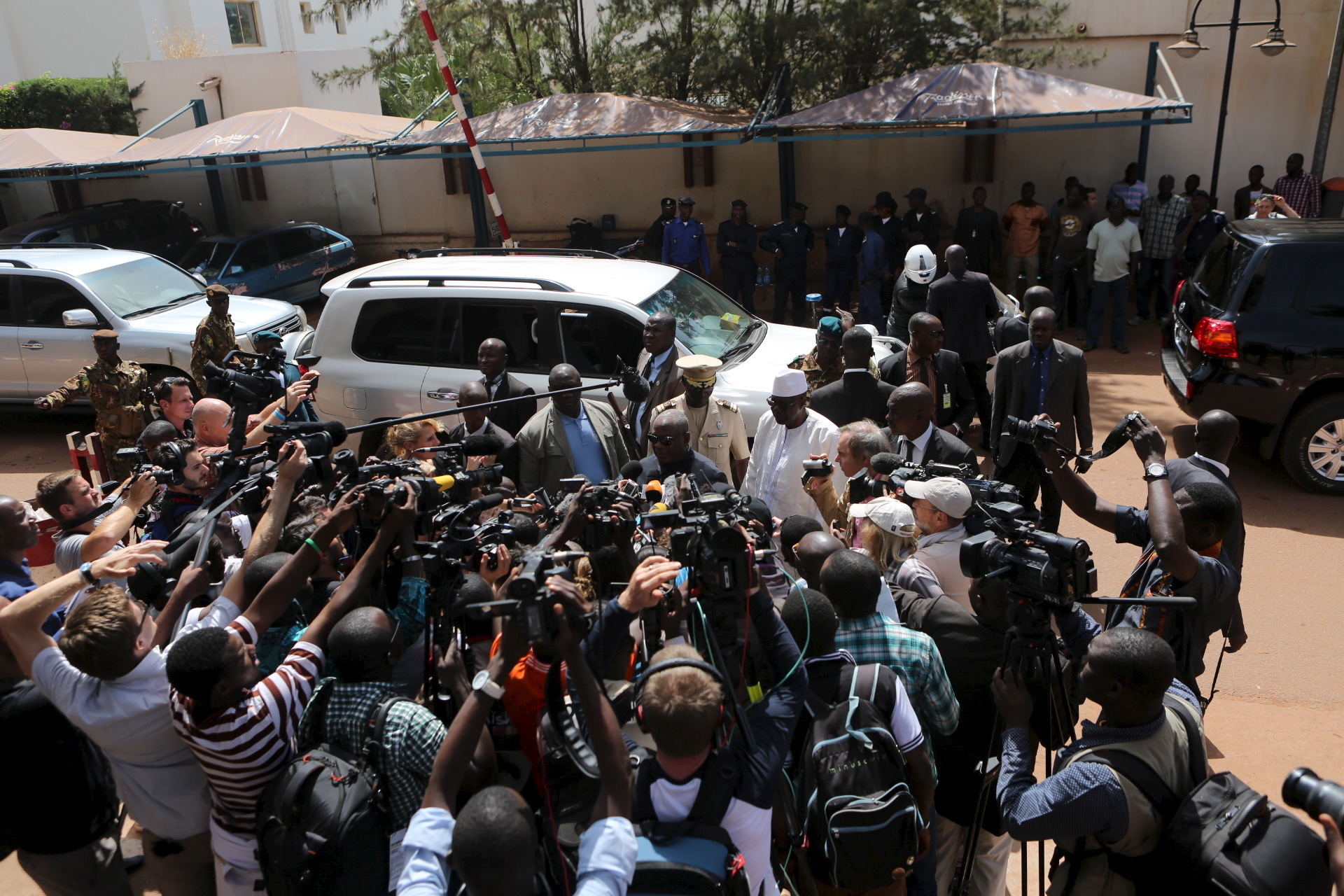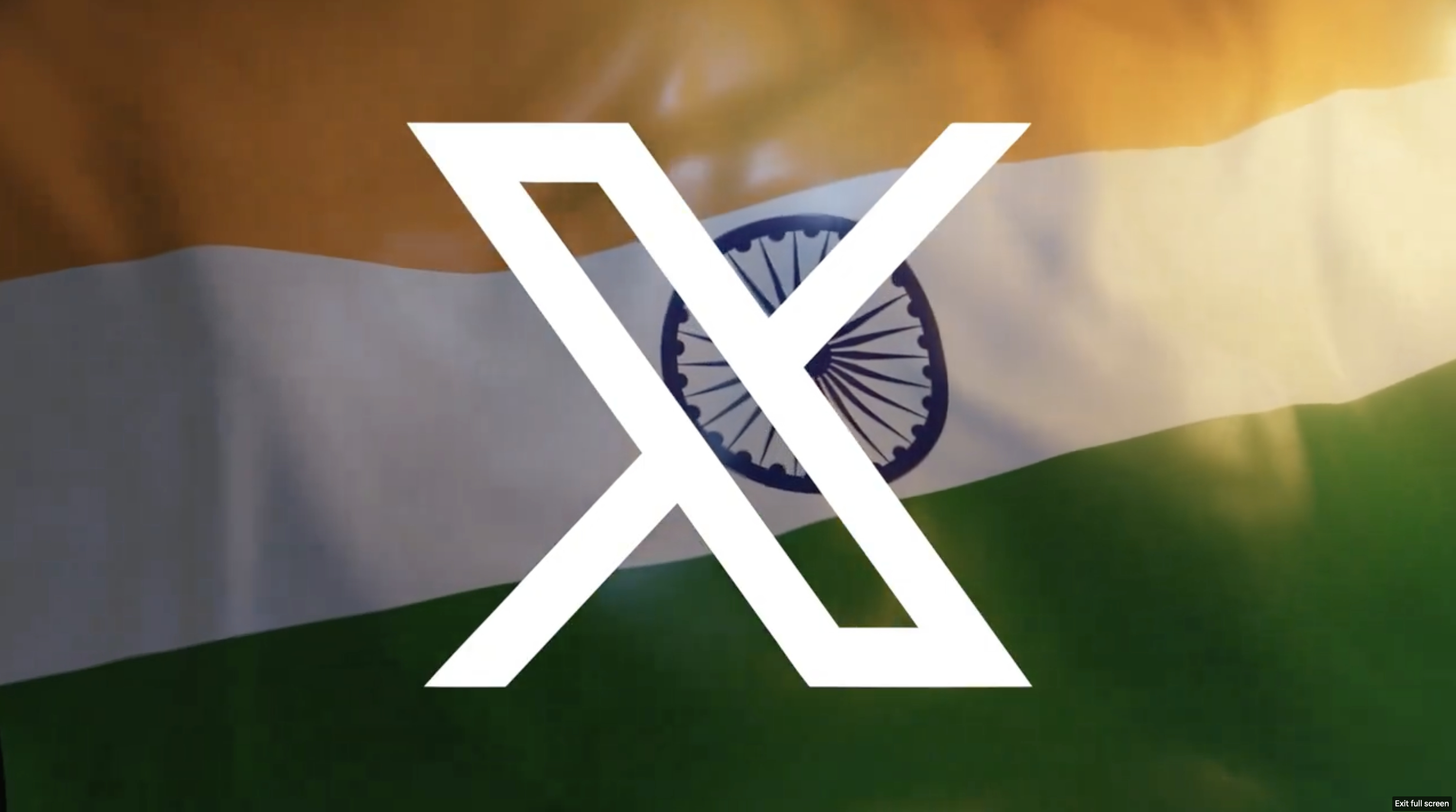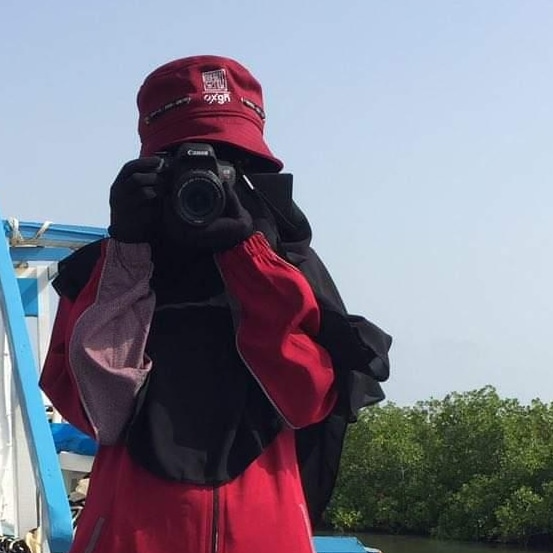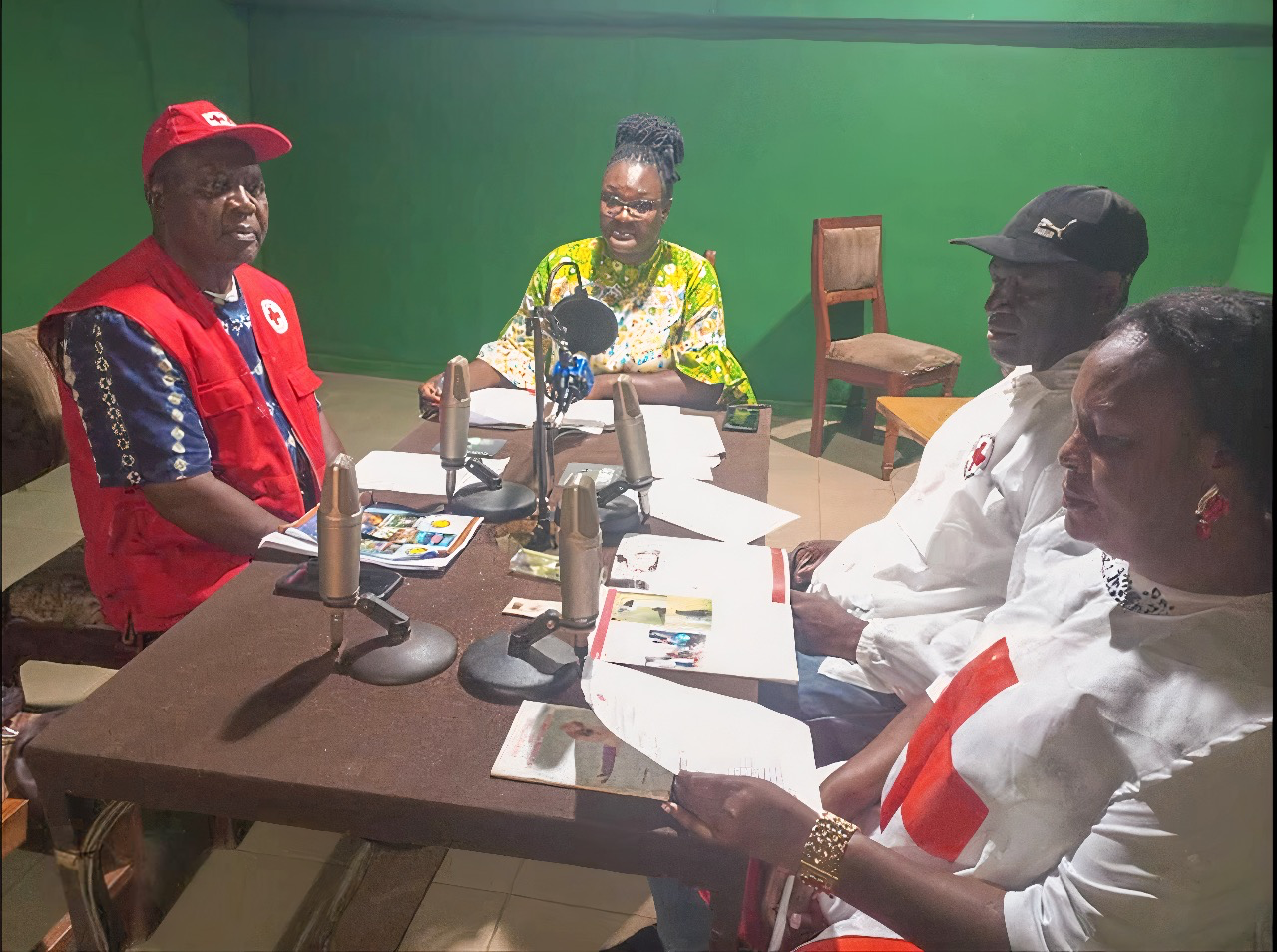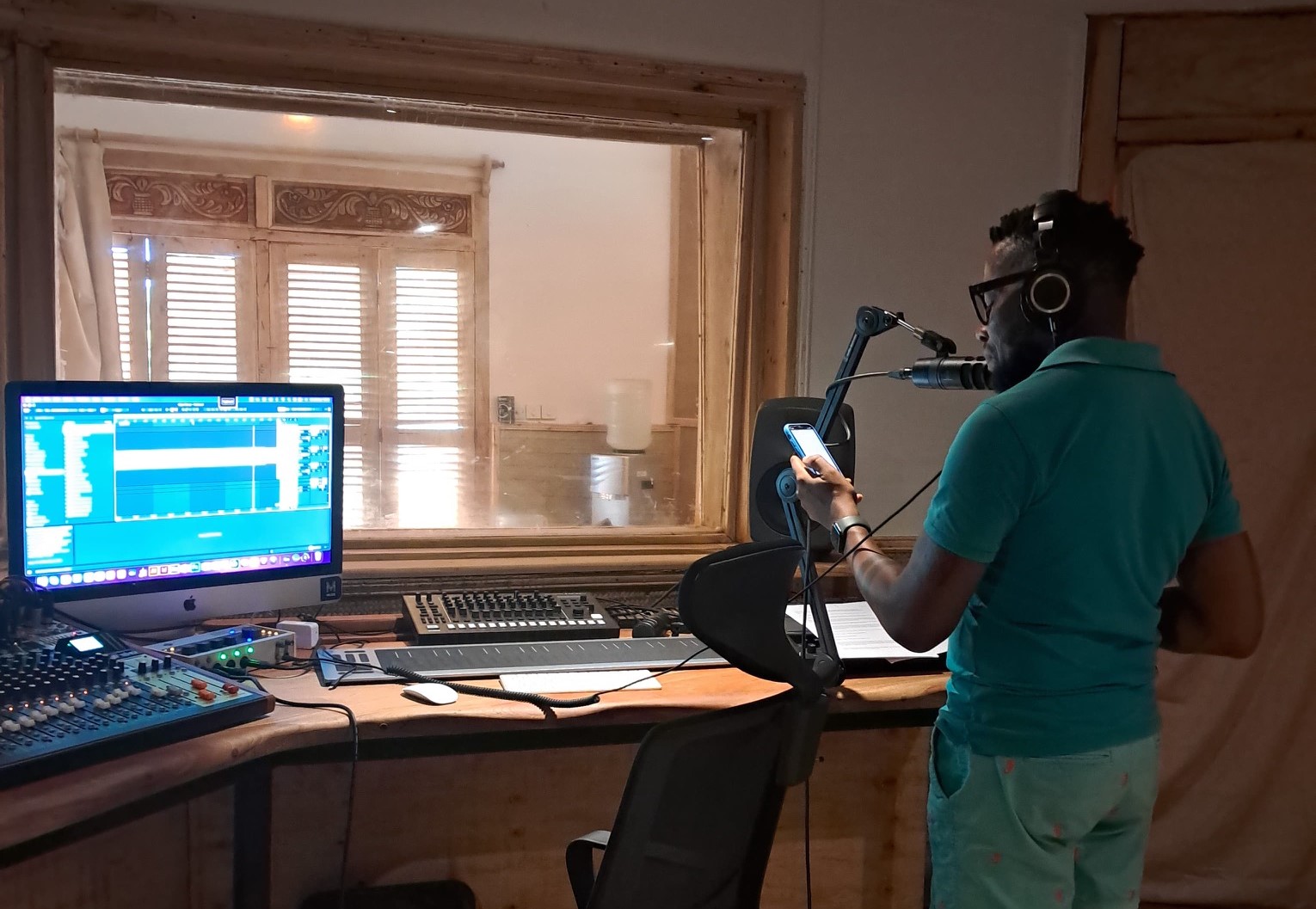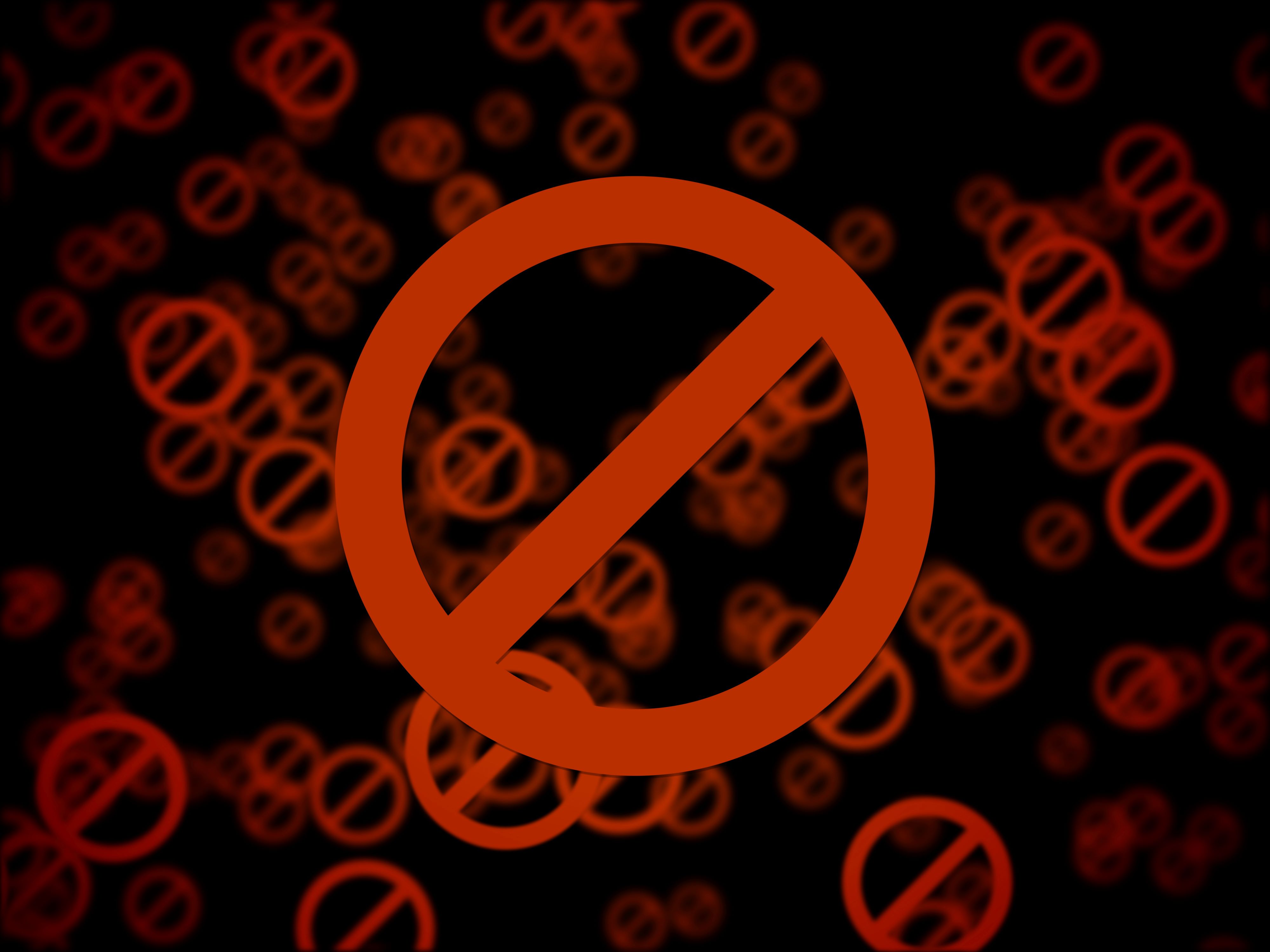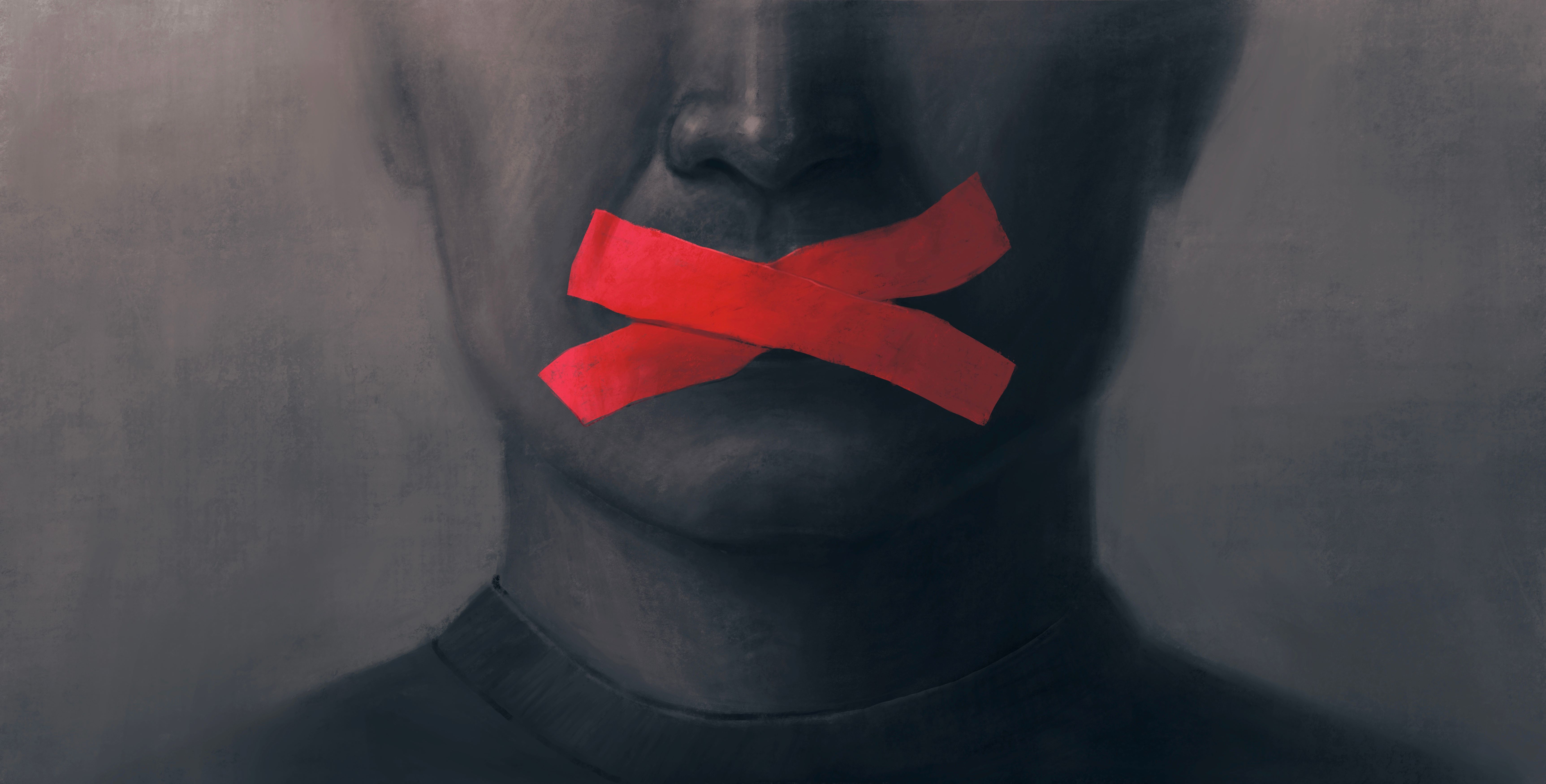في ظل ما يواجه الصحفيين من مخاطر، خصوصا أولئك الذين يغطون في مناطق النزاع، بدأ العالم منذ سنوات بالتنظير لما أصبح يعرف بقواعد السلامة المهنية الصحفية، والتي تتمحور حول الإجراءات التي يجب على الصحفي اتباعها عند التغطية في أماكن النزاعات، وتشمل هذه التطبيقات كافة الإجراءات التي يجب أن تتبع من قبل الصحفيين من لحظة تكليفه بالسفر للتغطية إلى حين عودته، وكل السيناريوهات المحتملة منذ الانطلاق حتى العودة.
وفي حالة شبكة الجزيرة الإعلامية، وجدت هذه الدراسة أن الشبكة تولي أهمية كبرى لتثقيف صحفييها بتطبيقات وقواعد السلامة المهنية، وأنها – أي الشبكة – تمتلك وعيا كاملا بأهمية تدريب صحفييها على هذه القواعد والتطبيقات. كما وجد الباحث أن مراسلي الجزيرة الذين عملوا في سوريا في الفترة بين 2011-2016 كانوا جميعهم يمتلكون وعيا عاما حول طبيعة المخاطر التي من الممكن أن يتعرضوا لها خلال تغطيتهم في سوريا، وعمد الباحث على اختيار مراسلين غطوا في مناطق جنوب سوريا وآخرون في وسطها ومن غطوا في شمال سوريا، ووجد أن هناك تباينا في طبيعة التعامل مع المخاطر وكذلك آليات التخطيط المسبق للتغطيات.
يستعرض هذا البحث، أبرز المخاطر التي تواجه الصحفيين في مناطق النزاع، والإطار النظري الذي تقدمه الأدبيات التي نظّرت في تطبيقات السلامة المهنية الصحفية، ومقاربتها مع الكيفية التي تعامل بها مراسلو قناة الجزيرة العربية مع مخاطر التغطية في سوريا.
لتحميل الدراسة كاملة، الرجاء الضغط على الأيقونة يسار الصفحة.
